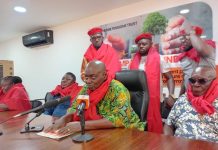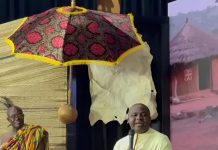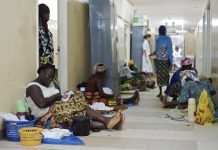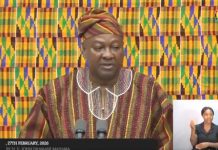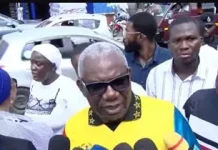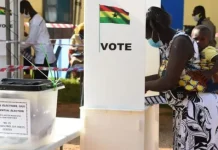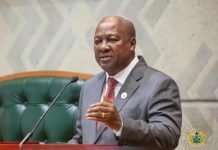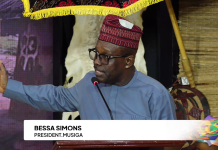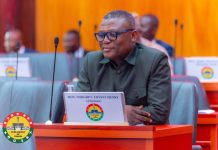President George Manneh Weah has taken what many see as his first austerity measure by instructing all ministries and agencies to restrict their spending to US$3,000 on operational costs.
The Executive Mansion in a release, ordered with immediate effect all autonomous agencies and public corporations of the government to authorize and expend a cumulative amount of not more than US$3,000 for operational expenses.
The directive furthered: “Any amount above the US$3,000 threshold must seek approval from the Office of the President.”
The release furthered mandated all HR Managers and all relevant signatories of the various autonomous agencies and public corporations to pay all legitimate salaries and other benefits to their employees.
The President on January 22, inherited several daunting challenges, including fixing a sinking economy among others.
Weah’s 61.5 percent victory in the Presidential runoff election comes with huge expectations from the population, especially amongst the youth and satisfying their expectation is a massive task.
Expectations that were built up over a decade overshadowed by the lack of opportunities for middle and lower class has now influenced an overwhelming demand for improvement of people’s livelihood.
Alas, the soccer legend is taking the steering wheel of one of the world’s poorest countries at a time when the economy is crashing.
Right after signing the 2017/18 National Budget, President Ellen Johnson Sirleaf called a special meeting with members of the Legislature, requesting them to revisit the budget due to government’s inability to raise the US$563.6 million budget.
That was an emphatic sign of an out-of-control economic woes but the Sirleaf’s government kept mute although the writings on the wall were becoming clearer.
The former President and her advisers argued that the decline in global prices of the country’s major commodities was the source of Liberian liquidity crisis.
frontpageafricaonline



